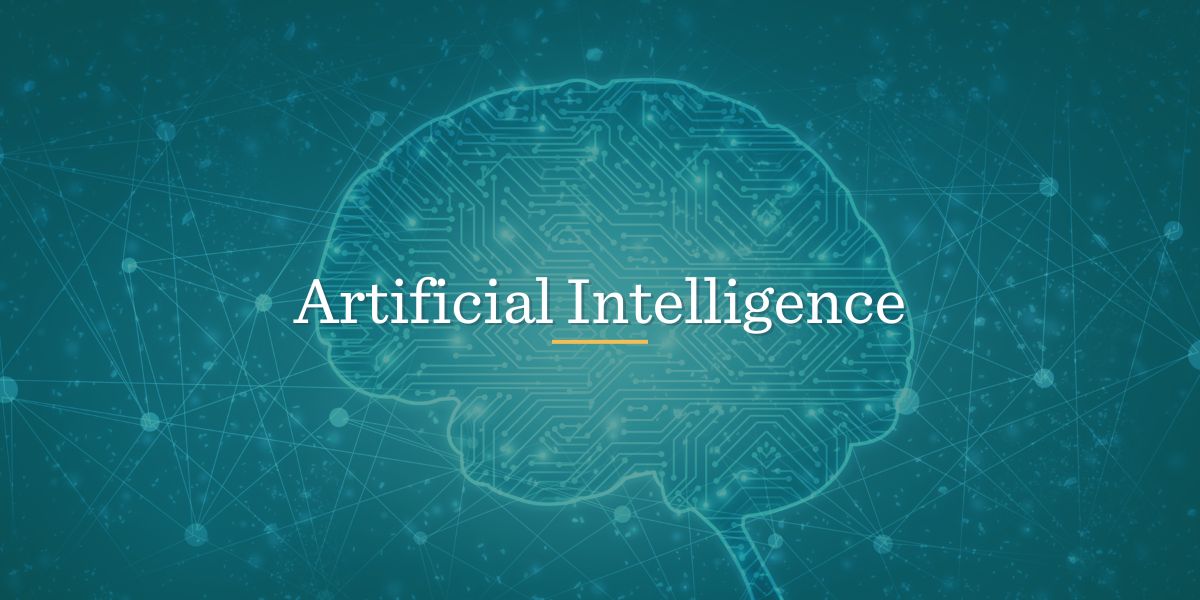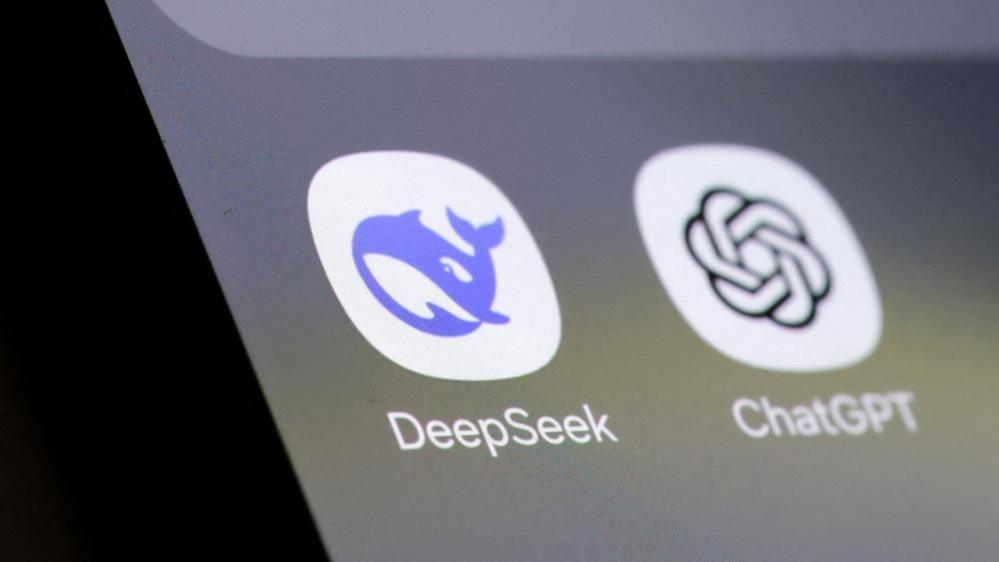
Mengualcastell
Add a review FollowOverview
-
Founded Date March 29, 1967
-
Sectors General Labour
-
Posted Jobs 0
-
Viewed 25
Company Description
China’s DeepSeek Surprise

Produced by ElevenLabs and News Over Audio (Noa) using AI narrative. Listen to more stories on the Noa app.
One week earlier, a brand-new and powerful challenger for OpenAI’s throne emerged. A Chinese AI start-up, DeepSeek, released a model that appeared to match the most powerful version of ChatGPT however, a minimum of according to its creator, was a fraction of the expense to construct. The program, called DeepSeek-R1, has prompted a lot of concern: Ultrapowerful Chinese AI designs are precisely what numerous leaders of American AI business feared when they, and more recently President Donald Trump, have sounded alarms about a technological race in between the United States and individuals’s Republic of China. This is a “get up call for America,” Alexandr Wang, the CEO of Scale AI, talked about social media.
But at the same time, lots of Americans-including much of the tech industry-appear to be lauding this Chinese AI. As of today, DeepSeek had surpassed ChatGPT as the top free application on Apple’s mobile-app store in the United States. Researchers, executives, and financiers have actually been heaping on praise. The brand-new DeepSeek model “is one of the most remarkable and impressive advancements I’ve ever seen,” the investor Marc Andreessen, an outspoken supporter of Trump, composed on X. The program shows “the power of open research,” Yann LeCun, Meta’s chief AI scientist, composed online.
Indeed, the most significant feature of DeepSeek might be not that it is Chinese, however that it is fairly open. Unlike top American AI labs-OpenAI, Anthropic, and Google DeepMind-which keep their research study almost entirely under wraps, DeepSeek has actually made the program’s final code, in addition to a thorough technical explanation of the program, free to see, download, and modify. To put it simply, anyone from any nation, including the U.S., can use, adjust, and even surpass the program. That openness makes DeepSeek a benefit for American start-ups and researchers-and an even bigger danger to the leading U.S. companies, as well as the federal government’s national-security interests.
To comprehend what’s so excellent about DeepSeek, one needs to recall to last month, when OpenAI released its own technical advancement: the complete release of o1, a brand-new sort of AI design that, unlike all the “GPT”-design programs before it, appears able to “factor” through tough issues. o1 displayed leaps in efficiency on a few of the most challenging math, coding, and other tests offered, and sent the remainder of the AI market rushing to reproduce the brand-new thinking model-which OpenAI disclosed really few technical details about. The start-up, and thus the American AI industry, were on top. (The Atlantic recently participated in a corporate collaboration with OpenAI.)

DeepSeek, less than two months later on, not just exhibits those exact same “reasoning” abilities obviously at much lower costs however has likewise spilled to the rest of the world at least one method to match OpenAI’s more concealed techniques. The program is not totally open-source-its training information, for example, and the great information of its production are not public-but unlike with ChatGPT, Claude, or Gemini, researchers and start-ups can still study the DeepSearch term paper and straight deal with its code. OpenAI has massive amounts of capital, computer chips, and other resources, and has been dealing with AI for a years. In contrast, DeepSeek is a smaller group formed two years ago with far less access to essential AI hardware, because of U.S. export controls on sophisticated AI chips, but it has counted on numerous software application and performance improvements to capture up. DeepSeek has actually reported that the final training run of a previous version of the model that R1 is developed from, launched last month, cost less than $6 million. Meanwhile, Dario Amodei, the CEO of Anthropic, has said that U.S. companies are already investing in the order of $1 billion to train future designs. Exactly how much the current DeepSeek cost to construct is uncertain-some scientists and executives, consisting of Wang, have actually called into question just how cheap it might have been-but the cost for software application designers to integrate DeepSeek-R1 into their own items is approximately 95 percent less expensive than incorporating OpenAI’s o1, as determined by the rate of every “token”-essentially, every word-the design creates.

DeepSeek’s success has suddenly forced a wedge in between Americans most straight purchased outcompeting China and those who benefit from any access to the very best, most reputable AI designs. (It’s a divide that echoes Americans’ mindsets about TikTok-China hawks versus material creators-and other Chinese apps and platforms.) For the start-up and research community, DeepSeek is a huge win. “A non-US business is keeping the original mission of OpenAI alive,” Jim Fan, a leading AI scientist at the chipmaker Nvidia and a former OpenAI worker, wrote on X. “Truly open, frontier research study that empowers all.”

But for America’s leading AI companies and the country’s government, what DeepSeek represents is unclear. The stocks of lots of significant tech firms-including Nvidia, Alphabet, and Microsoft-dropped today in the middle of the enjoyment around the Chinese design. And Meta, which has actually branded itself as a champion of open-source models in contrast to OpenAI, now appears a step behind. (The business is supposedly panicking.) To some investors, all of those massive information centers, billions of dollars of financial investment, or perhaps the half-a-trillion-dollar AI-infrastructure joint endeavor from OpenAI, Oracle, and SoftBank, which Trump just recently revealed from the White House, could seem far less necessary. Maybe bigger AI isn’t much better. For those who fear that AI will strengthen “the Chinese Communist Party’s international influence,” as OpenAI wrote in a recent lobbying file, this is legally worrying: The DeepSeek app declines to address questions about, for example, the Tiananmen Square demonstrations and massacre of 1989 (although the censorship might be fairly easy to prevent).
None of that is to say the AI boom is over, or will take a radically different kind moving forward. The next model of OpenAI’s thinking models, o3, appears much more powerful than o1 and will soon be offered to the public. There are some indications that DeepSeek trained on ChatGPT outputs (outputting “I’m ChatGPT” when asked what model it is), although perhaps not intentionally-if that’s the case, it’s possible that DeepSeek could just get a running start thanks to other top quality chatbots. America’s AI development is speeding up, and its major forms are starting to handle a technical research focus other than thinking: “representatives,” or AI systems that can utilize computers on behalf of people. American tech giants could, in the end, even advantage. Satya Nadella, the CEO of Microsoft, framed DeepSeek as a win: More effective AI means that usage of AI across the board will “increase, turning it into a commodity we simply can’t get enough of,” he wrote on X today-which, if true, would assist Microsoft’s profits too.
Still, the pressure is on OpenAI, Google, and their rivals to preserve their edge. With the release of DeepSeek, the nature of any U.S.-China AI “arms race” has shifted. Preventing AI computer system chips and code from spreading out to China obviously has actually not tamped the capability of scientists and business located there to innovate. And the relatively transparent, openly available version of DeepSeek might mean that Chinese programs and techniques, instead of leading American programs, become global technological requirements for AI-akin to how the open-source Linux running system is now standard for significant web servers and supercomputers. Being democratic-in the sense of vesting power in software designers and users-is precisely what has made DeepSeek a success. If Chinese AI maintains its transparency and ease of access, regardless of emerging from an authoritarian routine whose citizens can’t even easily use the web, it is moving in exactly the opposite direction of where market is heading.



